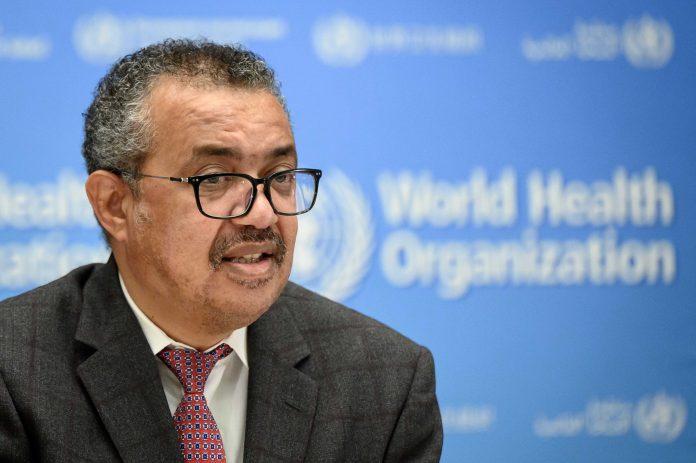
Associated Press
GENEVA (AP) — As much of the world’s attention is focused on the bloodshed in Ukraine, the head of the World Health Organization said Wednesday there’s “nowhere on earth where the health of millions of people is more under threat” than Ethiopia’s Tigray region.
WHO director-general Tedros Adhanom Ghebreyesus said the situation in Tigray from where he hails was “catastrophic,” saying the region had been “sealed off from the outside world” for about 500 days.
“No food aid has been delivered since the middle of December,” Tedros told a press briefing, adding that about three quarters of health facilities assessed by WHO in the region had been destroyed. He said there was no treatment for about 40,000 people with HIV in the region.
“Yes, I’m from Tigray and this crisis affects me, my family and my friends very personally,” Tedros said. “But I, the director general of WHO, I have a duty to protect and promote health wherever it’s under threat,” he said. “And there is nowhere on earth where the health of millions of people is more under threat than Tigray.”
Tedros said the U.N. health agency had now documented 43 attacks on health care workers and facilities in Ukraine since the Russian invasion began last month.
WHO has now opened supply lines to many cities in Ukraine, but some access challenges remained. The agency continued to call for attacks on health workers and facilities to stop.
But Tedros said the crisis in Ukraine was “far from the only crisis to which WHO is responding,” citing ongoing problems in Yemen, Syria and Ethiopia.
Earlier this year, the government of Ethiopia sent a letter to the World Health Organization, accusing Tedros of “misconduct” after his sharp criticism of the war and humanitarian crisis in the country.















